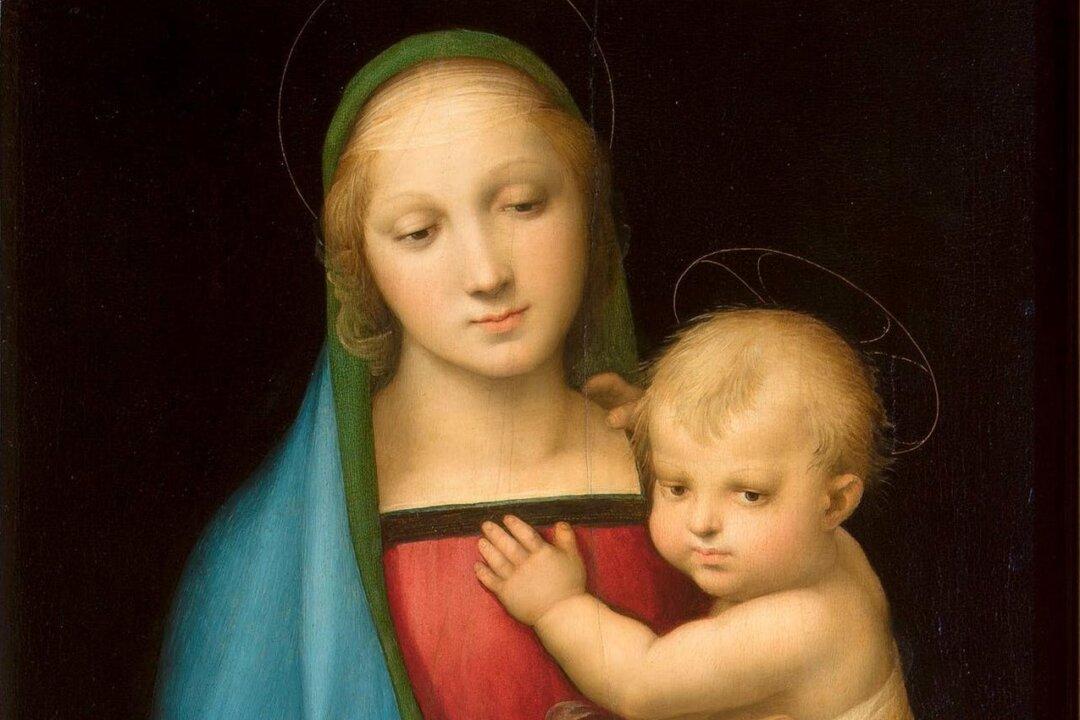Two years ago, I wrote my most popular story yet for The Epoch Times, “The Real Meaning of Christmas.” Likely, it wasn’t the quality of my writing that made it popular, but simply its topic: Christmas!
As I said near the end of that piece, “We don’t need to be a Christian to realize that this is something special; an atheist, too, can appreciate that this is an extraordinary story that warms the heart.” This remains true, and just as true is the fact that once again, Christmas is nearly upon us!






